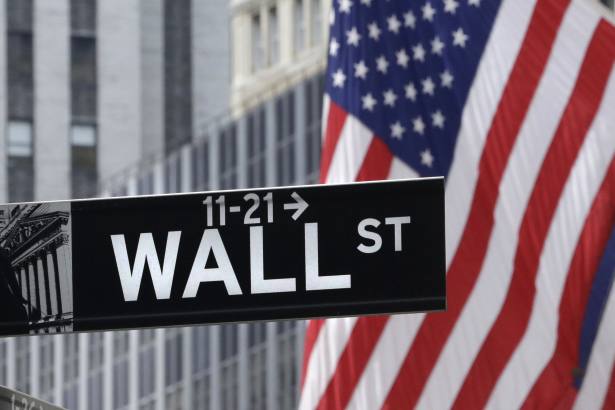"In fact, stocks have already bounced off the back of these initial yet promising updates. Sectors such as travel, retail and financials have all rallied and investors have been forced to reconsider how defensively they need to be as we move into 2021.
“It would be reasonable to expect that the earnings of cyclical stocks would recover, particularly as economic activity returns to more normal [pre-Covid-19] levels and experience improved performance,” says Julian Cook, US equity portfolio specialist at T. Rowe Price.
“[However] it may be too much to expect that this would be the start of a new economic cycle rather than a return to the low growth, low inflation and low interest rate environment that existed prior to the exogenous shock of the pandemic that would favour the secular growth companies.”
Energy are usually a cyclical sector that would benefit from a shift in sentiment. However, such shares instead face a much more different 2021, according to Mr Garnry.
“The sector still has a big overhang on the supply side and therefore it is not a given, even with a Covid-19 vaccine, that this sector will do great,” explains Mr Garnry, who also points out energy will come under more scrutiny with a president who put climate change at the forefront of his campaign.
“Oil and gas companies are also facing tough headwinds from regulation, and the political capital invested to push forward the green transformation which is a negative on the demand side. Higher interest rates will have the biggest impact on growth stocks with the largest share of the present value of cash flows coming far into the future, so there is a whole speculative growth segment in the equity market that could be in for a choppy 2021.”
An outdated term?
Given the drivers that might power markets going into 2021, the conversation around cyclicals is an inevitable one. However, the unprecedented dynamics of 2020 may have irreparably altered how investors need to think about the role they play in portfolios.
“The cyclical versus defensive split of stocks is useful but also over-simplified,” says Andrew Pease, global head of investment strategy at Russell Investments.
Here he uses the example of tech stocks that are usually regarded as cyclical, but will likely end up losing out in a post-pandemic recovery as a temporary boost in profits subsides and rising discount rates reduces the value of future earnings.
Instead, Mr Pease argues factor exposure is a better way of assessing equities. In his outlook, value will likely benefit: “One sector worth watching is the financial sector. In particular, banks should benefit from steeper yield curves, over-generous loan-loss provisions that can be released back to earnings, and lending growth that could exceed pessimistic expectations. Banks globally trade at a large valuation discount to the broader market.”








